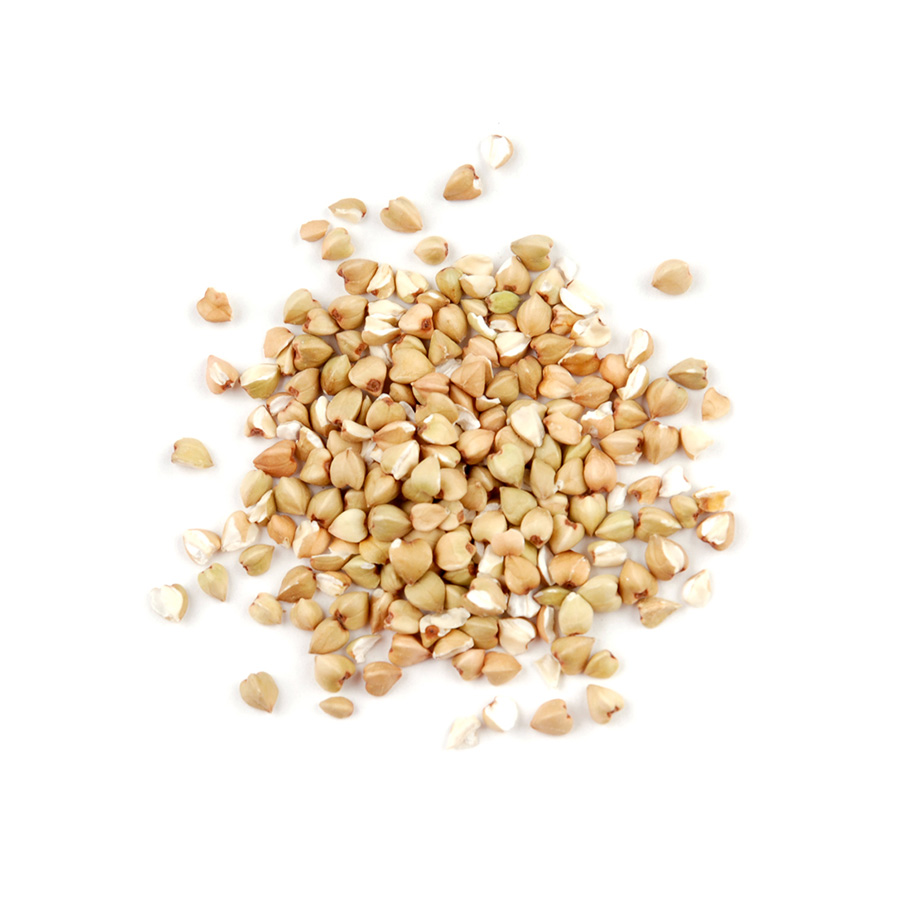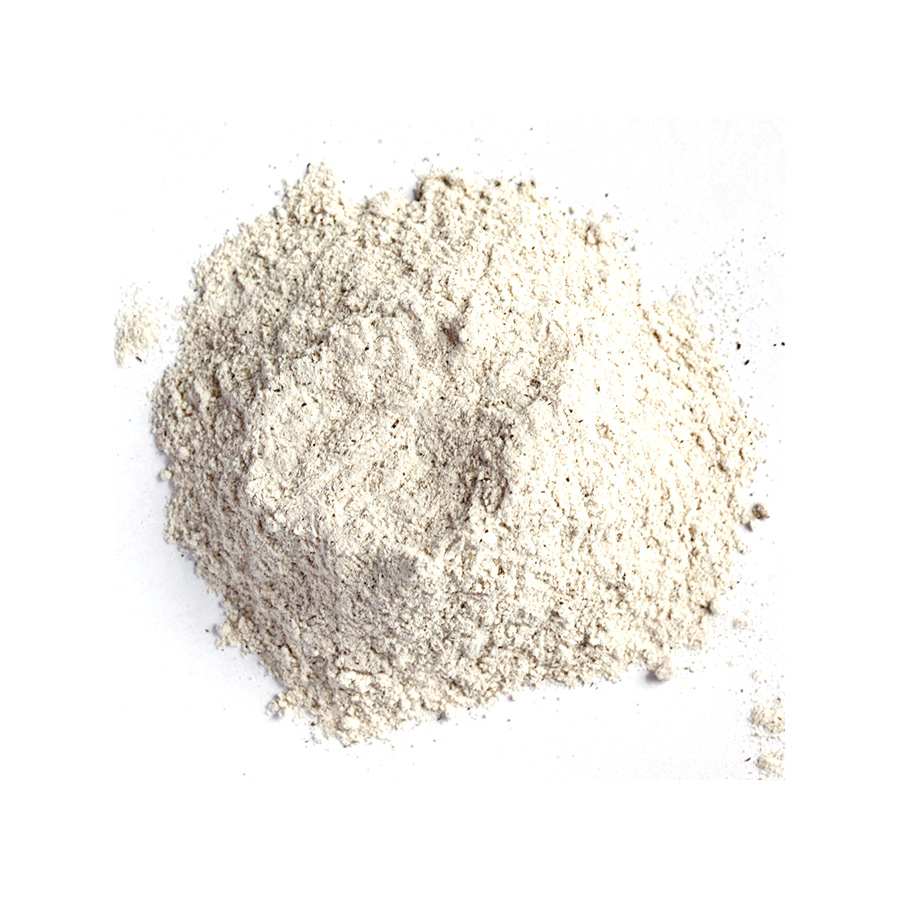Buckwheat (Fagopyrum esculentum), also known as common buckwheat, Japanese buckwheat and silverhull buckwheat, is a plant cultivated for its grain-like seeds.
Despite the name, buckwheat is not related to wheat, as it is not a grass. Instead, buckwheat is related to sorrel, knotweed, and rhubarb. Because its seeds are eaten and rich in complex carbohydrates, it is referred to as a pseudocereal.
In a 100 gram serving providing 343 calories dry and 92 calories cooked, buckwheat is a rich source (20% or more of the Daily Value, DV) of protein, dietary fiber, four B vitamins and several dietary minerals, with content especially high (47 to 65% DV) in niacin, magnesium, manganese and phosphorus. Buckwheat is 72% carbohydrates, including 10% dietary fiber, 3% fat and 13% protein.
As buckwheat contains no gluten, it may be eaten by people with gluten-related disorders, as celiac disease, non-celiac gluten sensitivity or dermatitis herpetiformis. Nevertheless, buckwheat may have gluten contamination.







